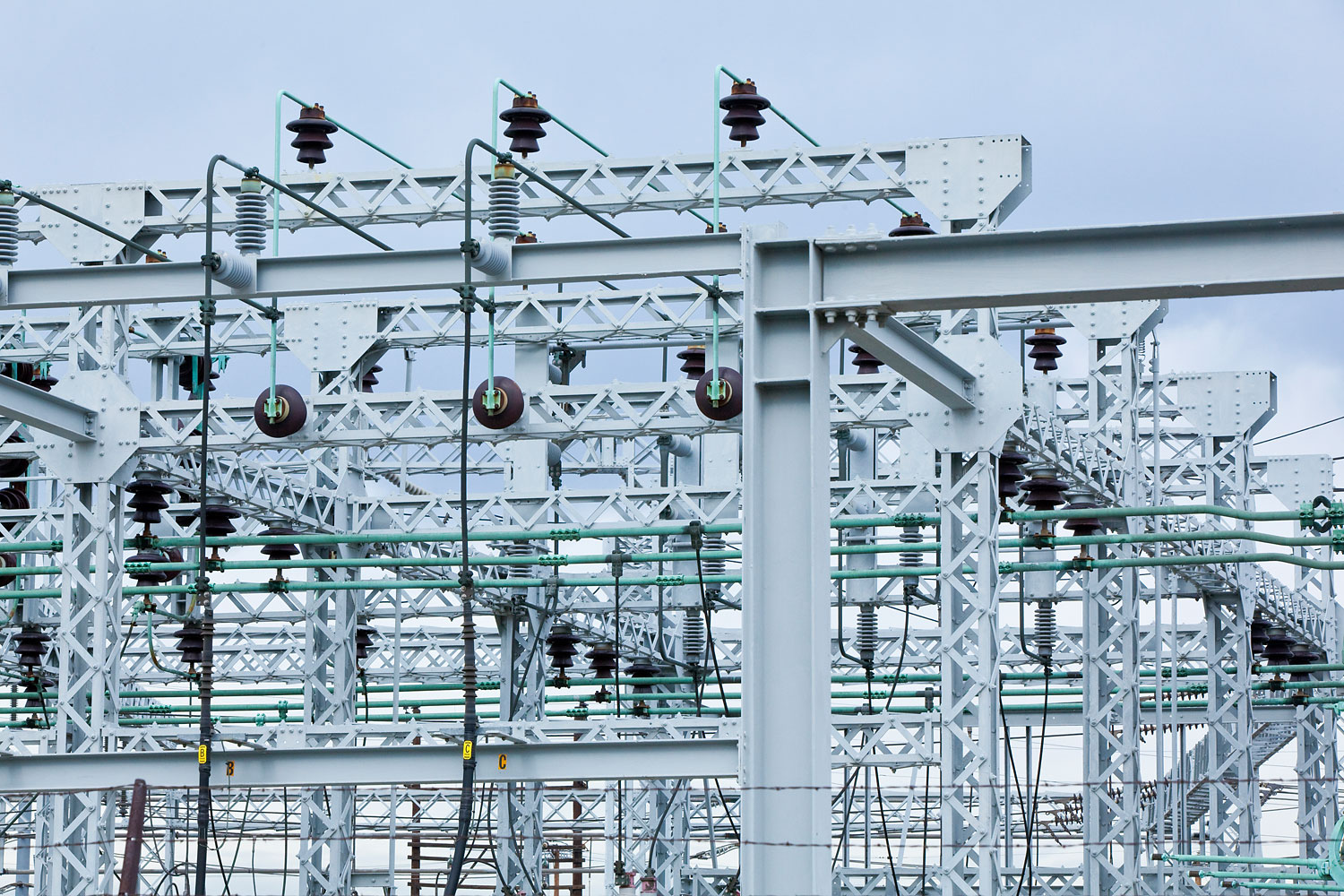
The dystopian, post-electricity world of NBC’s sci-fi show Revolution may be a less fictional possibility than you thought, according to the results of a major federal study on vulnerability in the electricity grid reported Wednesday by The Wall Street Journal.
A coordinated attack on just nine of the United States’ 55,000 electric-transmission substations on the right day could cause a blackout from Los Angeles to New York City, according to the study conducted by the Federal Energy Regulatory Commission. The study’s results have been known for months to select people in federal agencies, Congress and the White House, but were reported publicly for the first time Wednesday. The WSJ did not publish a list of the 30 most critical substations identified by the FERC study.
Electric substations play a vital role in keeping the electric grid humming by boosting voltage for long-distance travel and then transforming it to usable levels upon arrival. On a hot summer day, with the grid operating at high capacity, FERC found that taking out the right amount of substations could lead to a national blackout lasting weeks or even months.
“This would be an event of unprecedented proportions,” said Ross Baldick, an electrical engineering professor at the University of Texas.
One particularly troubling memo reviewed by the Journal described a scenario in which a highly-coordinated but relatively small scale attack could send the country into a long-term literal dark age. “Destroy nine interconnection substations and a transformer manufacturer and the entire United States grid would be down for at least 18 months, probably longer,” the memo said.
Some federal officials, including David Ortiz, deputy assistant secretary for the Department of Energy, said the FERC study may overstate the grid’s vulnerability.
Federal rules don’t currently regulate the security of electric substations except for those at nuclear power plants, the Journal reports. Utilities have been given until June to propose new security standards for vital facilities.
More Must-Reads from TIME
- How Donald Trump Won
- The Best Inventions of 2024
- Why Sleep Is the Key to Living Longer
- Robert Zemeckis Just Wants to Move You
- How to Break 8 Toxic Communication Habits
- Nicola Coughlan Bet on Herself—And Won
- Why Vinegar Is So Good for You
- Meet TIME's Newest Class of Next Generation Leaders
Contact us at letters@time.com